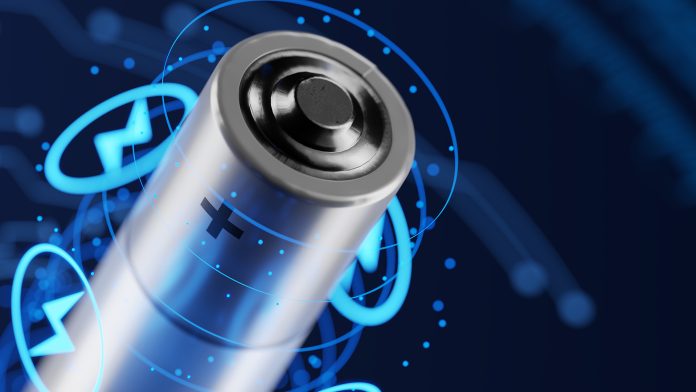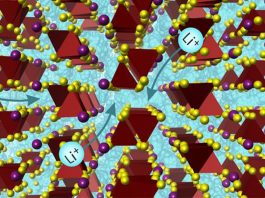Aston University has received a grant of nearly half a million pounds to improve lithium-ion battery safety.
In a bid to address the pressing need for safer and eco-friendly energy storage solutions, Aston University has been awarded a significant grant of £443,058 from the Engineering and Physical Sciences Research Council to optimise lithium-ion batteries via innovative gel electrolyte materials.
Tackling lithium-ion battery safety concerns
According to Aston University, the current assembly process of batteries often involves the use of flammable solvents, posing safety risks.
Recognising these challenges, Aston University researchers, led by Dr Matt Derry, are poised to develop gel electrolyte materials that will not only replace harmful components but also prevent battery leakage.
Dr Derry emphasised the urgency of identifying scalable methods for storing electrical energy.
He stated: “There is a need to identify new solutions for sustainable energy storage, but one of the biggest barriers to the uptake of renewable energy is the lack of scalable methods of storing electrical energy.
“We will create recyclable gel electrolytes using non-harmful, non-flammable and renewably sourced materials for next-generation battery technologies.”
Gel electrolyte materials innovation
The research team plans to develop renewable ionogels capable of conducting electrically charged ions.
This innovative approach aims to create recyclable gel electrolytes using non-harmful, non-flammable, and renewably sourced materials, thereby ushering in a new era of battery technologies.
In a recent breakthrough, Dr Derry and his team published a paper in Chemical Science outlining their pioneering approach titled “Block copolymer synthesis in ionic liquid via polymerisation-induced self-assembly: a convenient route to gel electrolytes.”
This publication highlights the generation of ionogels through their novel methodology, paving the way for sustainable and responsive ionogel materials that are easier to manufacture.
Driving towards a greener future
The significance of this research extends beyond academic realms. Dr Derry emphasised its alignment with Sustainable Development Goal 7 on affordable and clean energy, as recognised by the UN.
Moreover, the project aligns with the UK’s ambition to achieve net zero greenhouse gas emissions by 2050, making it both timely and impactful.
With the support of the grant from the Engineering and Physical Sciences Research Council, Aston University is poised to lead the charge towards safer, greener lithium-ion batteries.
Through their pioneering research into gel electrolyte materials, they hope to not only address the shortcomings of current energy storage systems but also lay the foundation for a cleaner and more sustainable future.









